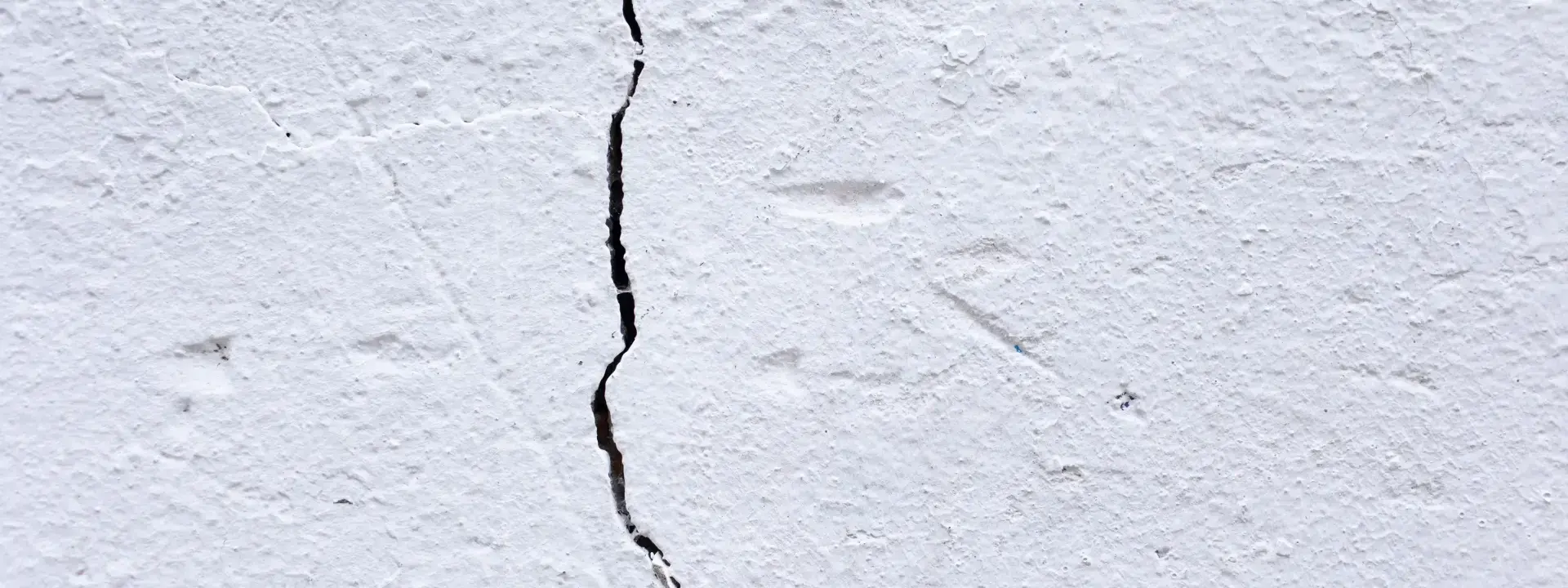
Plasterer Job Description
What is a Plasterer Professional?
A plasterer is a skilled tradesperson who applies plaster to walls and ceilings in order to create a smooth, even surface. Plastering has been used as a construction technique for centuries, and today it is still an important part of the building process. Plasterers use a variety of tools and materials to do their job, and they must have a good understanding of how plaster behaves in order to achieve the desired results. When you walk into a room with freshly plastered walls or ceiling, you might not think about the work that went into creating that smooth surface. But the truth is, plastering is a complex trade that requires both skill and experience. Plasterers must be able to mix plaster to the correct consistency, apply it evenly without leaving any bumps or waves, and then finish it off so that it looks perfect. In addition, plasterers must be aware of how different types of plaster will react with one another, as well as how temperature and humidity can affect the drying time of plaster. There are two main types of plaster: gypsum-based plaster and cement-based mortar (or just “cement”). Gypsum-based plaster is made from calcined gypsum (calcium sulfate), water, and sometimes additives such as fiberglass fibers or acrylic resins
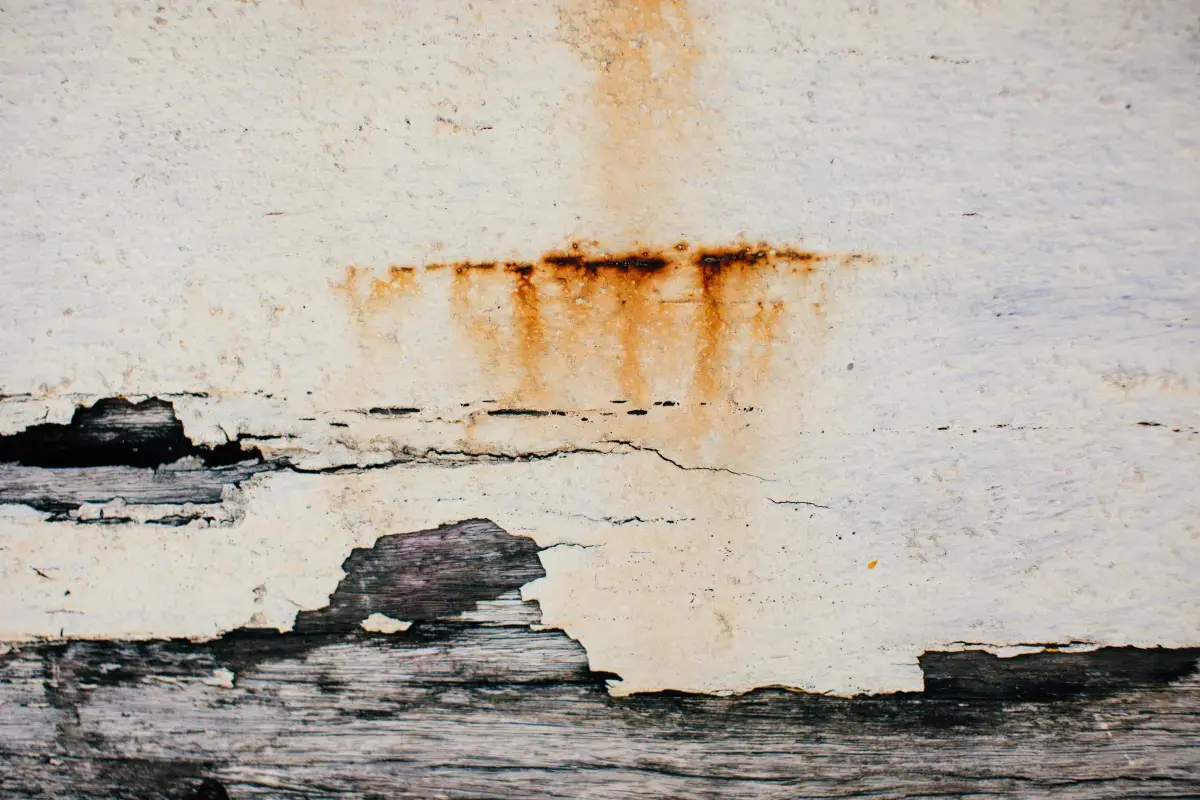
What does a Plasterer Expert do?
It is typically used for interior applications because it sets quickly and shrinks very little when dry . Cement-based mortar is made from Portland cement , lime , sand , water , and other ingredients . It is stronger than gypsum-based plaster but takes longer to set; however, it shrinks more when dry . Because of these properties, cement should only be used for exterior applications or where extra strength is required . Plaster can be applied by hand or machine. Hand application involves using trowels of various sizes to spread the wet plaster onto surfaces . Machine application uses large pumps to spray the wet plaster onto surfaces. Regardless of how it’s applied, all wet plaster must be smoothed out before it dries using techniques such as floating (for larger areas) or tooling (for smaller areas). Once dry, decorative features can then be added on top of the cured base coat layer if desired . Nowadays there are many different types of finishes that can be achieved with modern plasters & render systems which didnt exist years ago giving much more scope for creativity whilst at the same demanding high standards in terms of substrate preparation & application skills
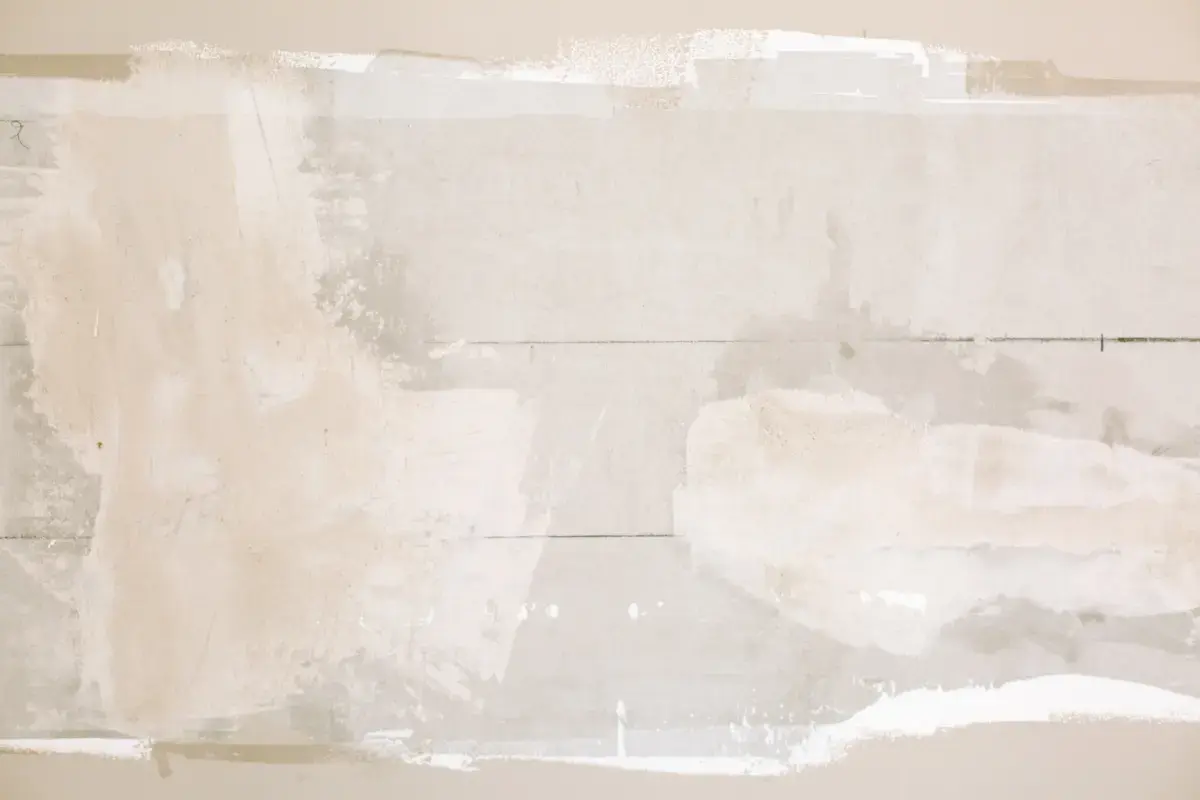
What are the Skills of a Plasterer?
A plasterer needs a few key skills and experience to be successful. Firstly, they need good physical fitness as the job involves a lot of manual labor. They should also have good hand-eye coordination to be able to apply plaster accurately. It is also important for a plasterer to have an understanding of different types of materials and how to mix them properly. This knowledge can be acquired through experience or formal training. Plasterers also need to know how to use various tools, such as trowels, floats, and hawkes.
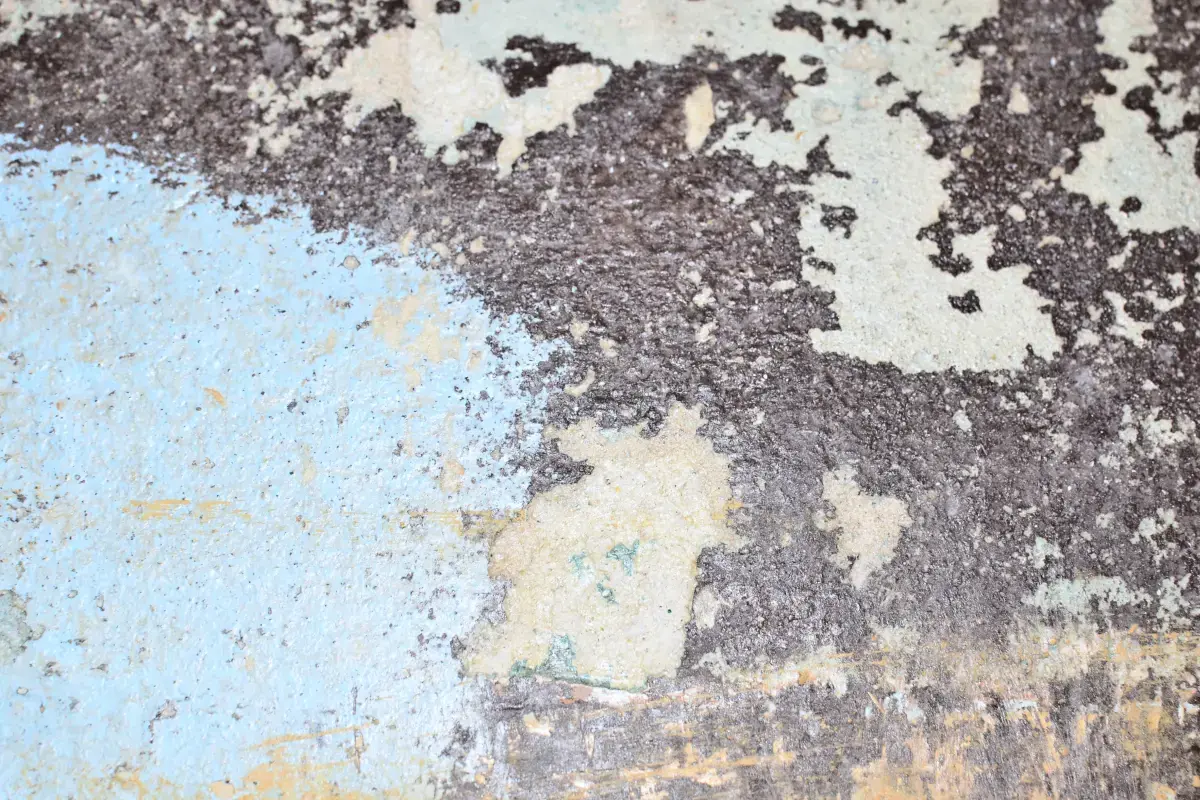
What makes an Expert Plasterer?
Finally, it is essential that plasterers have good customer service skills as they often work directly with clients. They should be able to understand the clients vision and explain the process in laymans terms. Good communication skills are also necessary in order to avoid any misunderstandings during the project.
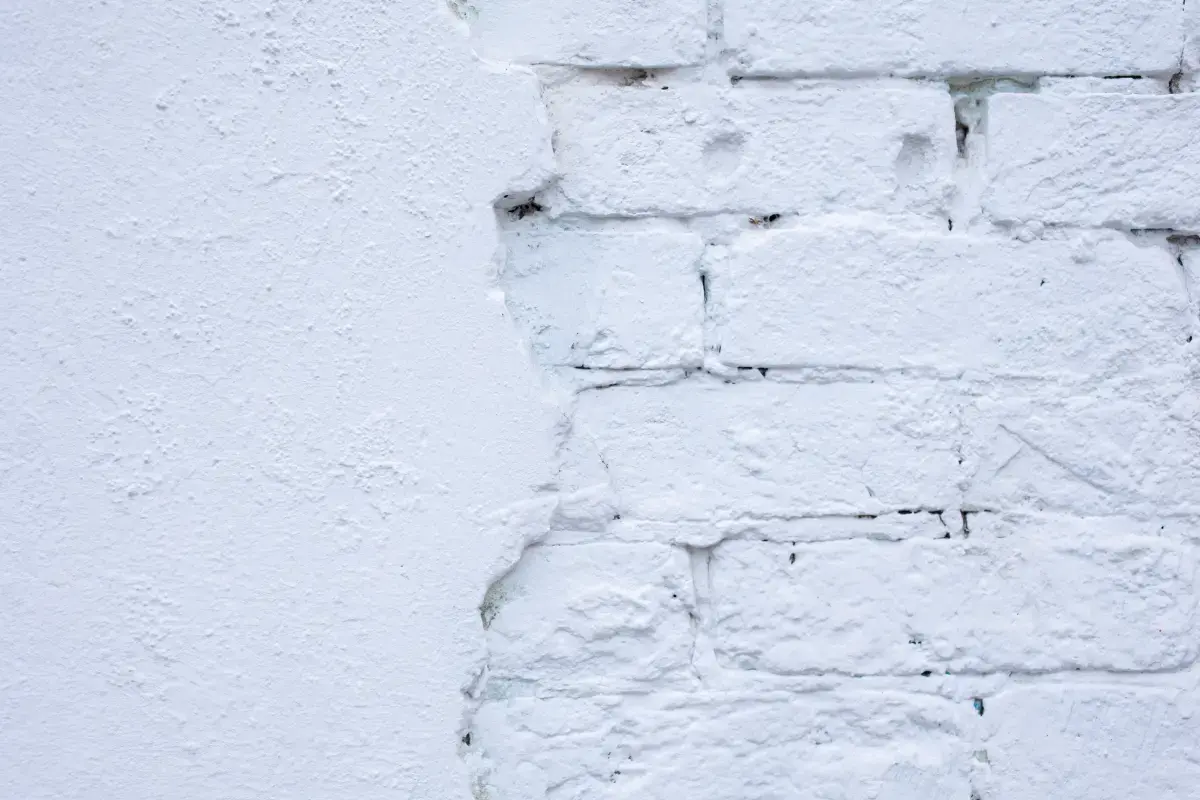
What level of Experience & Qualifications are required to be a Plasterer?
Industry Experience: 1. Minimum of 2-3 years hands on plastering experience in a commercial or residential setting. 2. Understanding and knowledge of the various types and methods used to apply different kinds of plasters, such as cement renderings, gypsum finishes and lime putty washes. 3. Knowledgeable in the use of hand tools (trowels, edgers etc.), power tools (mixers), ladders/scaffolding for working at heights safely). Training: 1. Completion/certification from a recognized apprenticeship program with an accredited trade school or contractor association is highly desirable but not essential depending on level of prior industry experience gained.. Qualifications & Education: 1. High School Diploma or equivalent is required; post-secondary education in construction technology would be advantageous . 2) Plastering related qualifications such as NVQ Level II Certificate in Tiling may also be beneficial when seeking employment opportunities within the sector.. 3) Possession of a valid driver’s license could provide additional job prospects due to increased mobility offered by having ones own transportation available for travel between sites if necessary
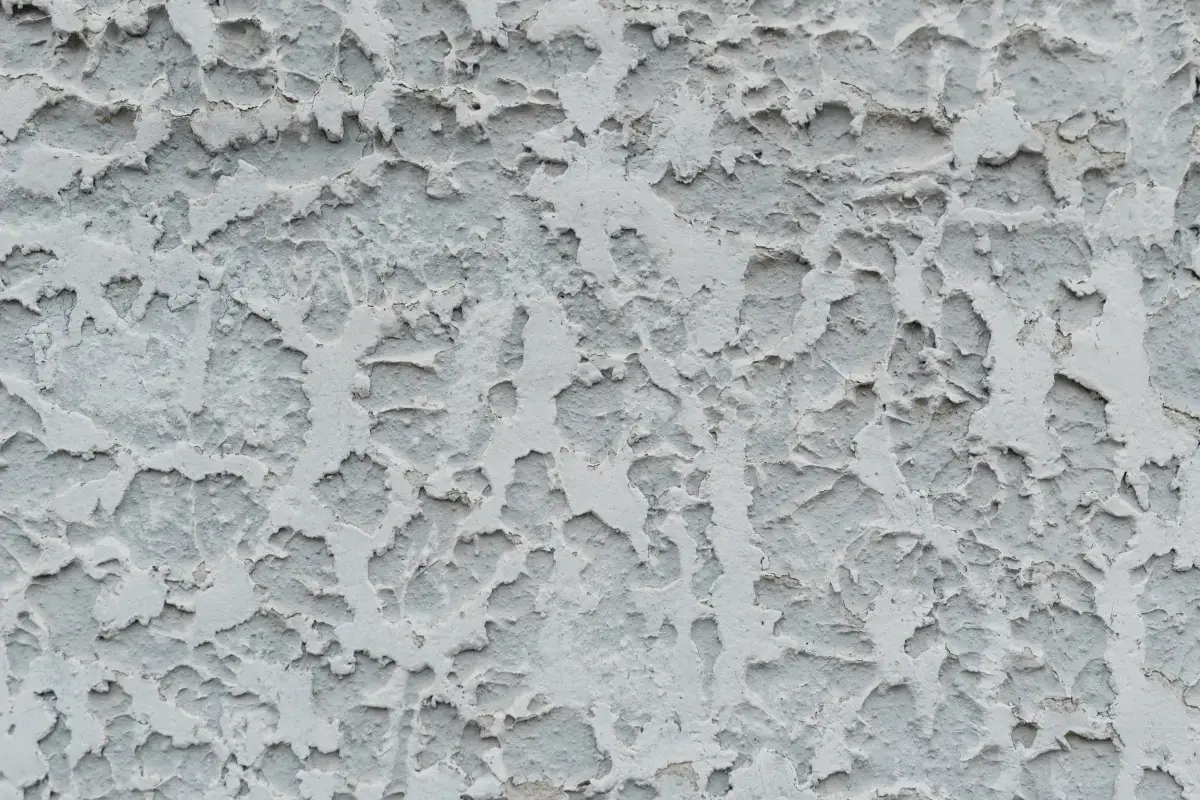
What is the Salary of a Plasterer?
The salary expectations of a plasterer can vary greatly depending on the experience level and seniority of the individual. A junior plasterer, such as an apprentice or someone with just a few years’ experience in plastering, may expect to earn anywhere from £15-20K per year. As they gain more knowledge and skills in their trade, this figure could rise to between £25-30K for mid-level plasterers. Senior plasterers who have many years of experience behind them typically command salaries around £35K per annum or higher. Highly skilled tradespeople with specialist qualifications are likely to be able to command even higher wages than this due to their added expertise and certification within their field.

What are the Working Conditions for a Plasterer?
Plasterers generally work in a variety of indoor and outdoor environments, depending on the job. They may be required to stand for long periods of time or lift heavy objects while they are working. The majority of plasterers will typically wear protective clothing such as safety glasses, gloves, and dust masks when dealing with plaster materials that could irritate their skin or cause respiratory problems if inhaled. Plastering is a labor-intensive task so workers should expect to experience physical fatigue at times due to the nature of this type of work. Depending on the type and size of project being completed there can also be some risk involved including falls from ladders or scaffolding as well as cuts from sharp edges on plaster boards and tools used during installation/finishing processes. As with any construction job it’s essential that all safety precautions are taken seriously by both employers and employees alike in order to ensure everyone’s wellbeing throughout each project; these include wearing appropriate personal protection equipment (PPE) according to guidelines set out by local health & safety regulations
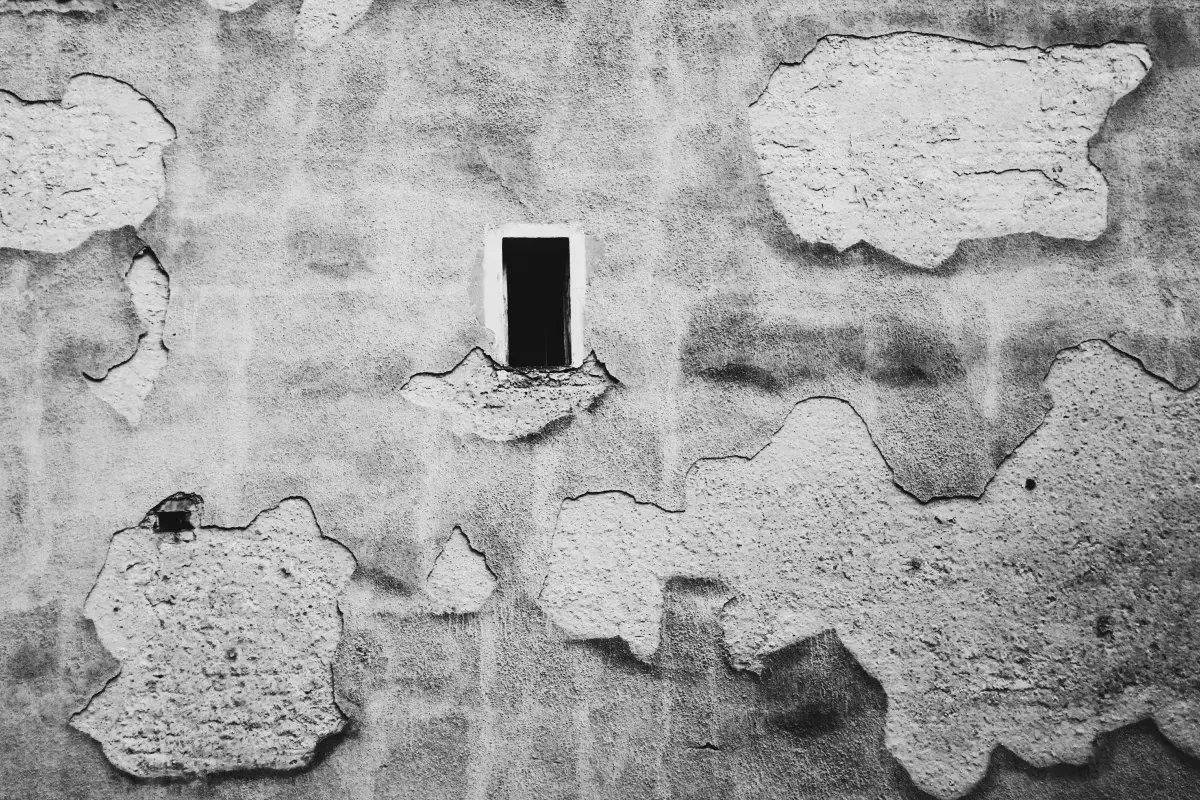
What are the roles and responsibilities of a Plasterer?
Creating level surfaces
Hanging plasterboard
Applying various types of render
Laying settees
Building cornices
Installing coving
Repairing cracks and holes in walls and ceilings
Artistic plasterwork
Plastering over arches
Rendering chimney breasts
Dry lining
Skimming
Float and set
Venetian plastering
Polished plasters
Marmorino
Stucco work
Gilding
Dado rails
ceiling roses
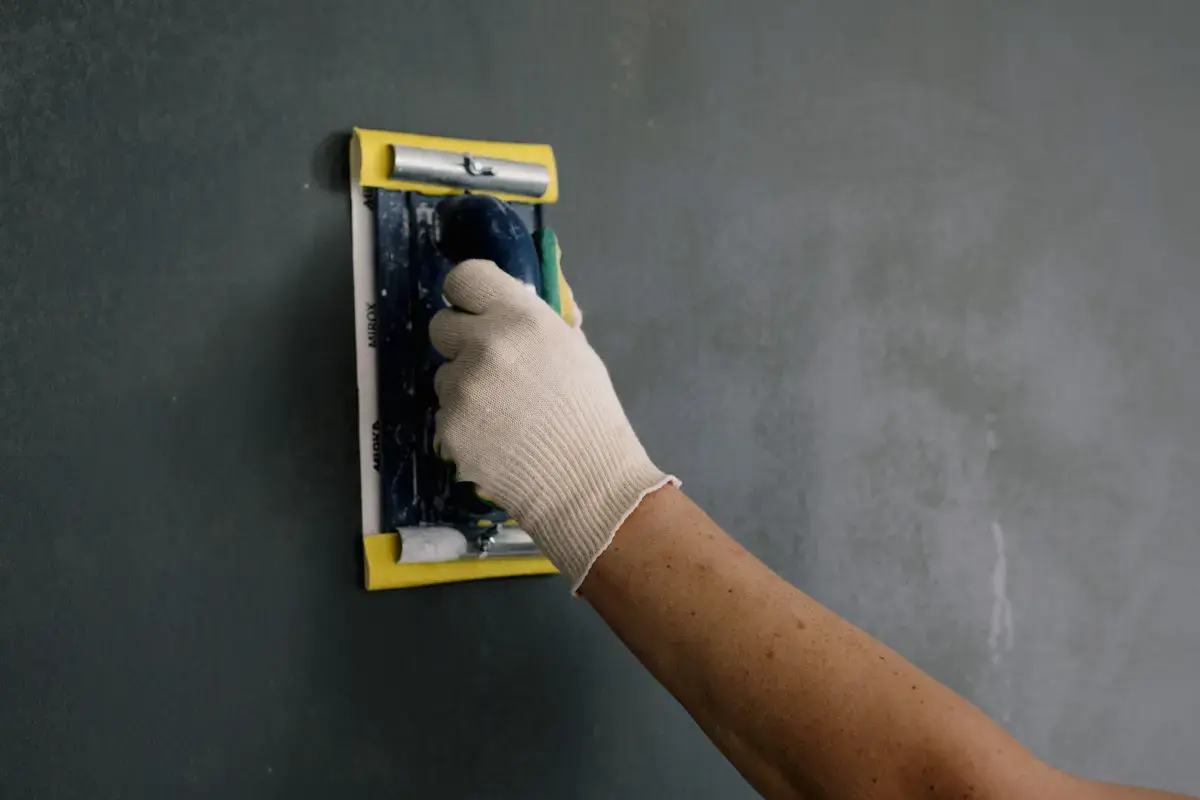
Where can I find Plasterer jobs?
- Create a profile on gigexchange and promote your Plasterer skills to advertise you are Open to New Work Opportunities
- Ensure your Resume (or CV), or online work profile is up to date and represents your skills and experience. Ensure your reputation reflects your ability & attitude.
- Apply for Plasterer Jobs advertised on gigexchange.
- Practise Plasterer interview techniques to ensure you represent your personality and ability succinctly and confidently.
- Accept the job offer if the salary meets your expectations and the employer mission and purpose reflects your core values.
Jobs
What are the best job boards for Plastering jobs?

How can I hire Plasterer staff online for my business?
The best job board for recruiting Plasterer experts is gigexchange.com. Advertise full-time, part-time or contract jobs to find, hire & recruit trusted, experienced and talented Plasterer candidates near you.
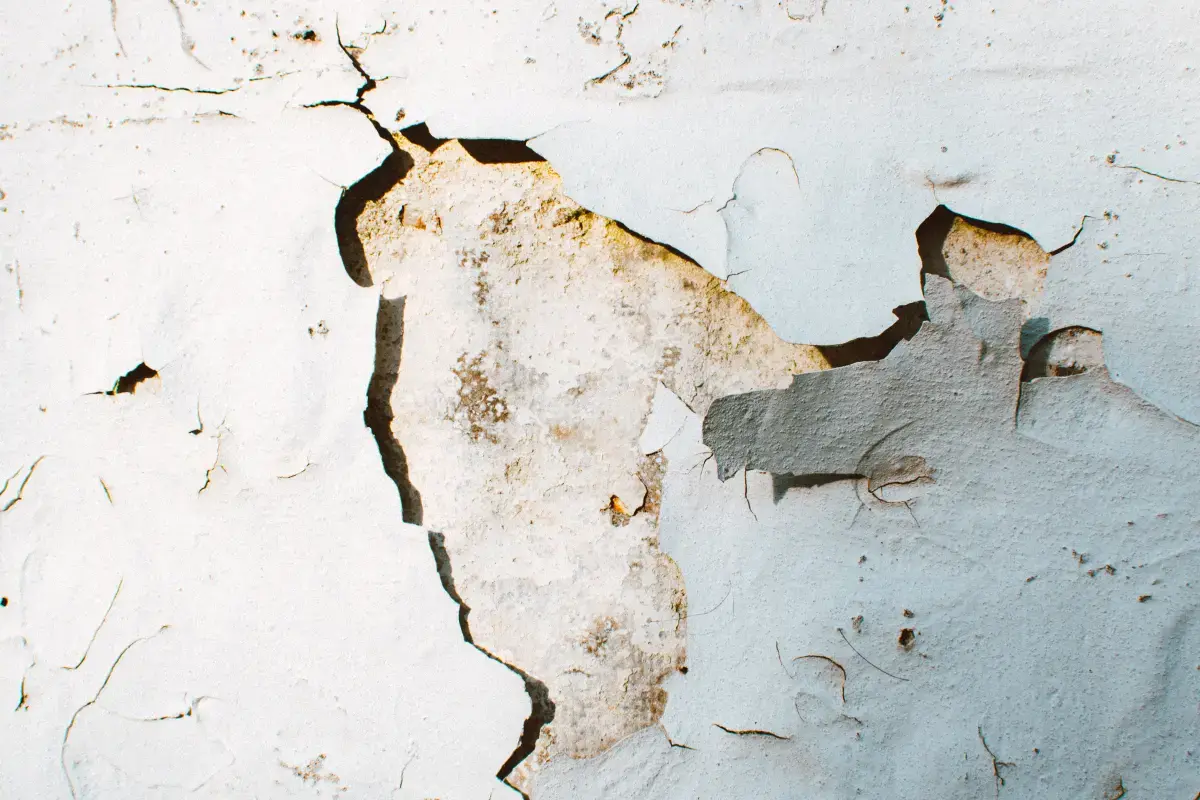
Are Plasterer roles in demand in 2026?
Plasterer experts are still in high demand in 2026. If you are an experienced Plasterer or looking to train and become one. The job market is looking strong for Plasterer jobs near me.